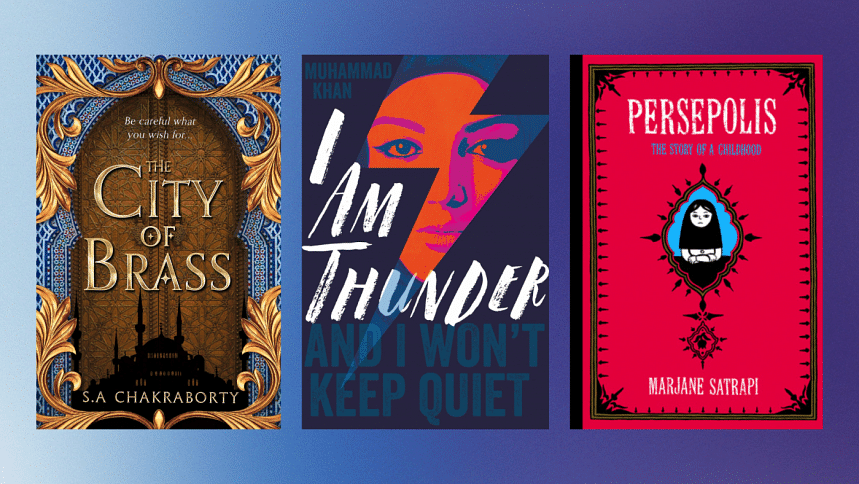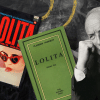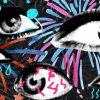Five books by Muslim authors you should read

Many novels often depict the author's culture, faith and beliefs, and the surrounding they grew up in. They also tend to draw from religious scriptures which enrich the story's plot making it more intriguing to readers. As such are the following books:
The City of Brass by S.A. Chakraborty
S.A. Chakraborty's debut novel is an adult and immersive fantasy drawing inspiration from Middle Eastern mythology and Islamic history. The plot centres on Nahri, a young woman who is a healer living in Cairo during the 18th century.
She uses palm reading and sleight of hand to con Ottoman nobles. She unintentionally calls the djinn during an exorcism which takes her on an unexpected journey. Ali, a young prince living in the djinn city of Daevabad is part of her journey, as they fight for their lives, the safety of those they love, and the ethical use of their political influence.
I Am Thunder by Muhammad Khan
I Am Thunder explores a number of contentious issues related to being a Muslim in contemporary Britain. The protagonist Muzna, a shy adolescent girl, is flattered when Arif, a fellow Muslim asks her out. She gets absorbed by Arif and his brother's extreme ideologies. I Am Thunder is a significant book about young people's radicalisation and religious fanaticism.
Amal Unbound by Aisha Saeed
Amal Unbound is a touching book inspired by Malala Yousafzai and other young Pakistani girls whose education is not prioritised or readily accessible.
While both the author and the protagonist are Muslims, the story itself focuses on global injustices, examines issues of social injustice, education, and the value of family. It follows Amal who aspires to become a teacher but is compelled to work as a servant at the Khan estate to pay off her family's debt.
Persepolis By Marjane Satrapi
Persepolis is a graphic autobiography of Satrapi's youth in Tehran. It covers both the politics of Iran during the Islamic Revolution as well as Satrapi's personal life. The story is full of humour and wit, with historical and political importance to boot.
In Persepolis, Satrapi depicts two different kinds of religion – Marji's strong personal belief in a kind God and the oppressive rule of the state-run organised religion. When religion is used as a weapon for tyranny, this dichotomy illustrates to the reader how religious teachings are distorted. The faith which gave her hope when she was young, is obscured by resentment and melancholy. As a result of her lack of safety and the suffering she witnesses, she experiences religion in a limited way, to the point where her own choice of faith is all but extinguished.
Native Believer by Ali Eteraz
The pen name Ali Eteraz means "Noble Protest". In this darkly humorous story, the protest might not appear to be as noble as it follows M. who is a Philadelphian Muslim by blood but not by conviction. His life spins out of control as he attempts to find some semblance of a place in the world after being fired for possessing a copy of the Quran. The narrative examines issues of nationality, faith, and the anxieties as well as paranoia that pervade American culture.
These books reflect a part of the world and culture in which we live. Starting from questioning our faith to finding our way back to it, these books offer spiritual comfort while providing a magical tale.

 For all latest news, follow The Daily Star's Google News channel.
For all latest news, follow The Daily Star's Google News channel. 









Comments